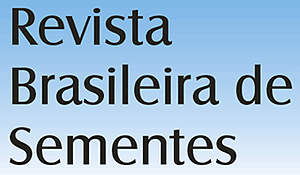Isolates of Pseudomonas veronii (DFs513), Bacillus spp. (DFs093 and DFs348), Bacillus cereus (DFs769), Rodhococcus fascians (DFs843 and DFs912) and Pseudomonas fluorescens (DFs831 and DFs842), selected for Xanthomonas axonopodis pv. phaseoli control, and a combination of some of these bacteria isolates, were evaluated for possible influence on Colletotrichum lindemuthianum transmission from naturally infected and/or infested bean seeds to seedlings. In the first trial, using the paper roll method, seeds were sown in eight replications of 25 seeds that were incubated at 20 ± 2°C. Germination percentage and pathogen incidence were evaluated. In the second trial, pathogen transmission to seedlings was evaluated in sterile substratum and incubated for 10 days. Daily emerged seedlings, pathogen incidence, leaf and root dry mass were determined. An isolate of C. lindemuthianum was used against the biocontroller isolates to evaluate in vitro antibiosis. All of the treatments reduced C. lindemuthianum transmission to seedlings in at least one of the trials. However, isolate DFs912 (Rhodococcus fascians) was shown to be important and presented reductions in transmission that varied from 40 to 67% in all of the experiments. All the treatments promoted leaf and root mass increase on total number or on the number per plant. Results in vitro showed that isolates DFs831, DFs842, DFs843 and DFs912 produced antibiotic compounds.
Seed microbiolization; biological control; common bacterial blight; anthracnose






